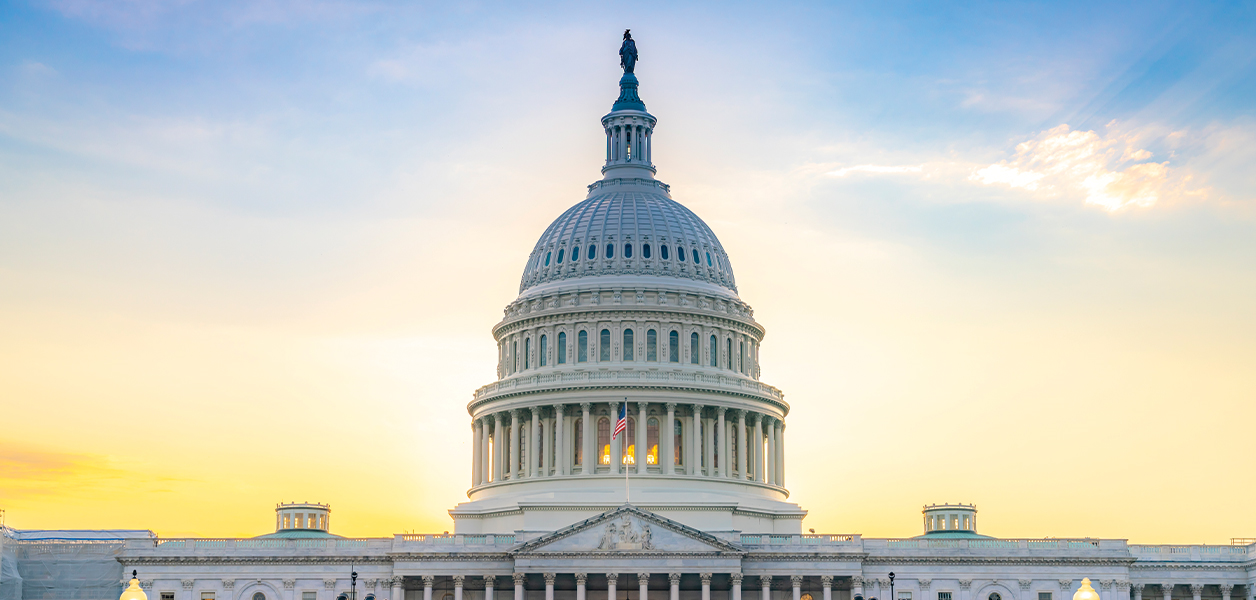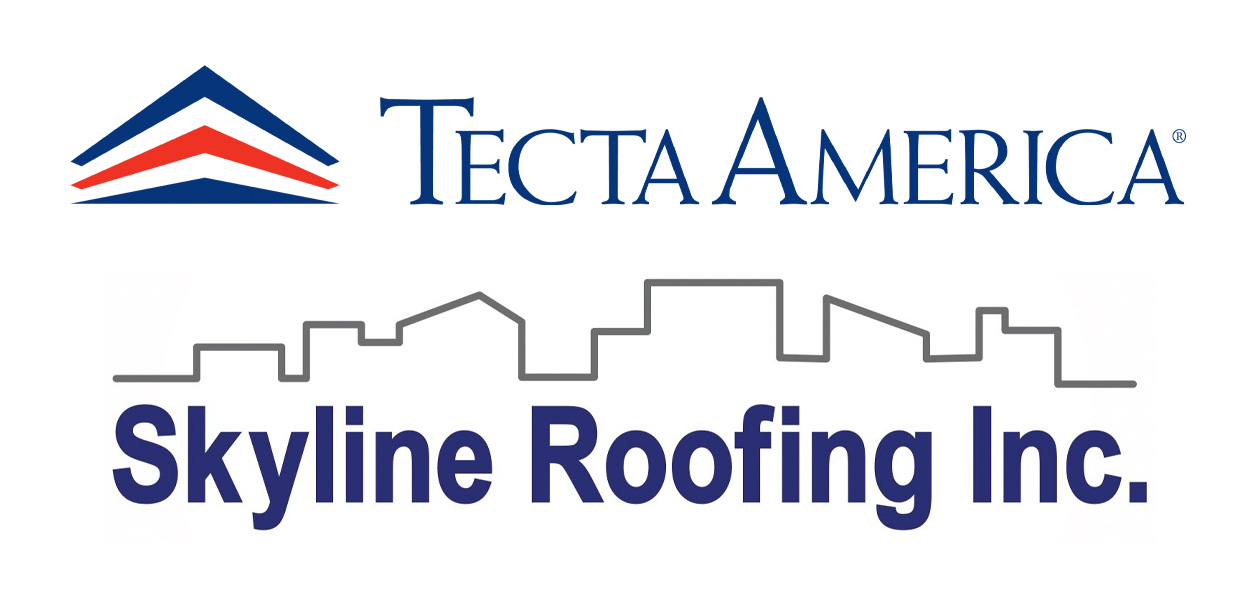Department of Labor releases ETS on COVID-19 vaccines and testing
Today, the Department of Labor released the much-anticipated Emergency Temporary Standard on mandatory COVID-19 vaccines or testing for businesses with 100 or more employees. The ETS is expected to be formally published in the Federal Register Nov. 5.
Covered employees will be required to be vaccinated or produce a negative COVID-19 test weekly starting Jan. 4. NRCA recently joined a Construction Industry Safety Coalition effort to send a letter to the Occupational Safety and Health Administration urging the agency to recognize the unique aspects of construction and exclude the industry from the ETS. Unlike the typical rulemaking process, OSHA is not required to accept public input when developing an ETS. NRCA is analyzing this more than 450-page rule and will be releasing additional information soon.
Winsome you lose some—Virginia GOP scores big wins
Glenn Youngkin, political outsider, clinched a decisive upset victory in Virginia’s race for governor, defeating Democrat Terry McAuliffe. NRCA CEO Reid Ribble put it simply: “He won because he ran a better campaign, was a better candidate and people liked him.”
Winsome Sears, a conservative Republican, will be Virginia's next lieutenant governor, serving as the first female and first woman of color in the office and Republican candidate, Jason Miyares, will become Virginia’s next attorney general, denying Democrat Mark Herring a third term.
Virginia was not the only place where a conservative message seemed to resonate. Minneapolis defeated a measure to replace the city's police department. New Jersey Democratic Governor Phil Murphy barely won his reelection, and Republican John Lujan has won the special election runoff for Texas House District 118, flipping the Democratic-friendly seat in San Antonio.
Deep dive: Newest Build Back Better proposal
Late last week, Congress released legislative text of the Build Back Better Act, which is a series of new social and climate spending programs paid for with tax increases. This is a revised version of legislation proposed this past summer, and though this moves the ball down the field, it is likely this legislation will change significantly. NRCA joined more than 100 business trade associations to oppose the legislation’s tax increases. The House also met late last night to consider nearly 1,000 pages of additional changes to this draft and is considering a vote as early as today.
Spending includes ($1.75 trillion):
- $400 billion for universal pre-K and child care subsidies
- $555 billion to fight climate change including modifications to energy-efficient building tax incentives and funding to make communities more resilient to disasters
- $200 billion to expand the child tax credit
- $150 billion for rental and down payment assistance and money to address maintenance issues in public housing units
- $100 billion (tentative) to provide work permits and opportunity to apply for green cards for some Deferred Action for Childhood Arrivals recipients, front-line undocumented workers and Temporary Protected Status visa holders
- These provisions are unlikely to survive budget reconciliation rules, and we could see the money used to address visa backlogs.
- Notably absent provisions from previous version of the bill:
- Paid family leave, although there has been discussion to add it
- Free community college
- Expanded Medicare coverage of dental and vision
- Medicare negotiation of drug prices
Taxing/revenue raising includes (White House estimate is $1.9 trillion):
- Imposing 15% minimum tax on large corporations
- A 1% surcharge on corporate stock buybacks.
- A 15% global minimum tax
- Expanding the 3.8% Net Investment Income Tax to all pass-through business income
- Joint filers threshold with S corporation or partnership is $500,000.
- Family business with ownership shares held in a trust is $13,000.
- Imposing a new surtax of up to 8% on all forms of income, including family businesses
- Making permanent and expands the loss-limitation rules under section 461
- Increasing IRS enforcement
- Repealing prescription drug rebate rule
- Notably absent tax increases from previous version of the bill:
- Does not increase the top corporate tax rate
- Does not change the 199A qualified income business tax deduction
- Does not increase individual tax rates
- Does not change the estate and gift taxes
Other provisions of importance to the roofing industry:
- Roughly $12.4 billion for workforce programs
- Several labor-related provisions
- Creates punitive financial penalties for employers who violate the National Labor Relations Act.
- Penalties also can be assessed for directors and officers of the employer if they directed or committed the violation; had established a policy that led to the violation; or had actual or constructive knowledge of and the authority to prevent the violation and failed to do so.
- Adjustment of Civil Monetary Penalties
- Amends the Occupational Safety and Health Act of 1970 to:
- Increase the maximum penalty to $700,000 for willful and repeat violations; increase the minimum penalty to $50,000 for willful violations; and increase the maximum penalty for serious and failure-to-abate violations to $70,000
- Amends the Fair Labor Standards Act of 1938 to:
- Increase the maximum civil penalty to $132,270 for child labor violations; $601,150 for child labor violations that cause the death or serious injury of an employee under the age of 18; $20,740 for willful or repeated minimum wage or overtime violations; and $11,620 for tip violations




